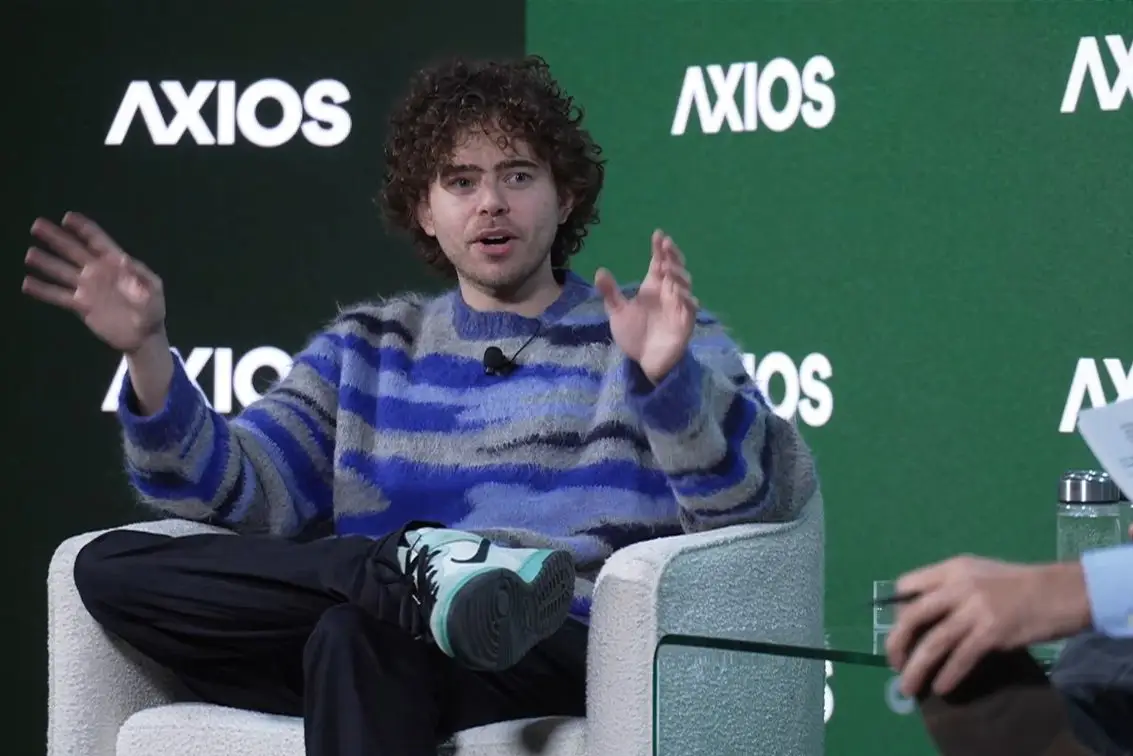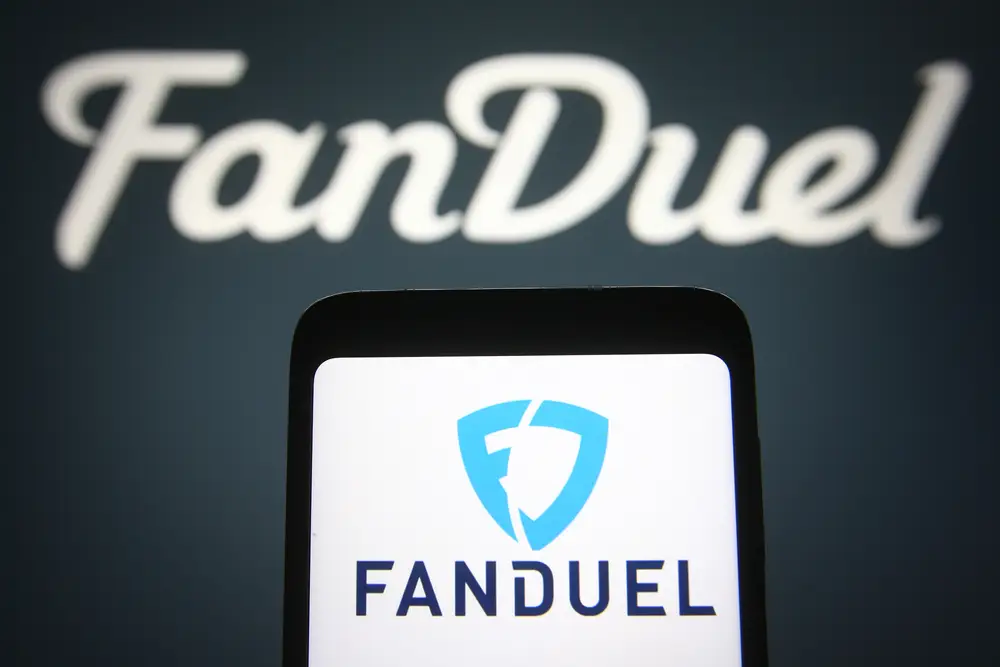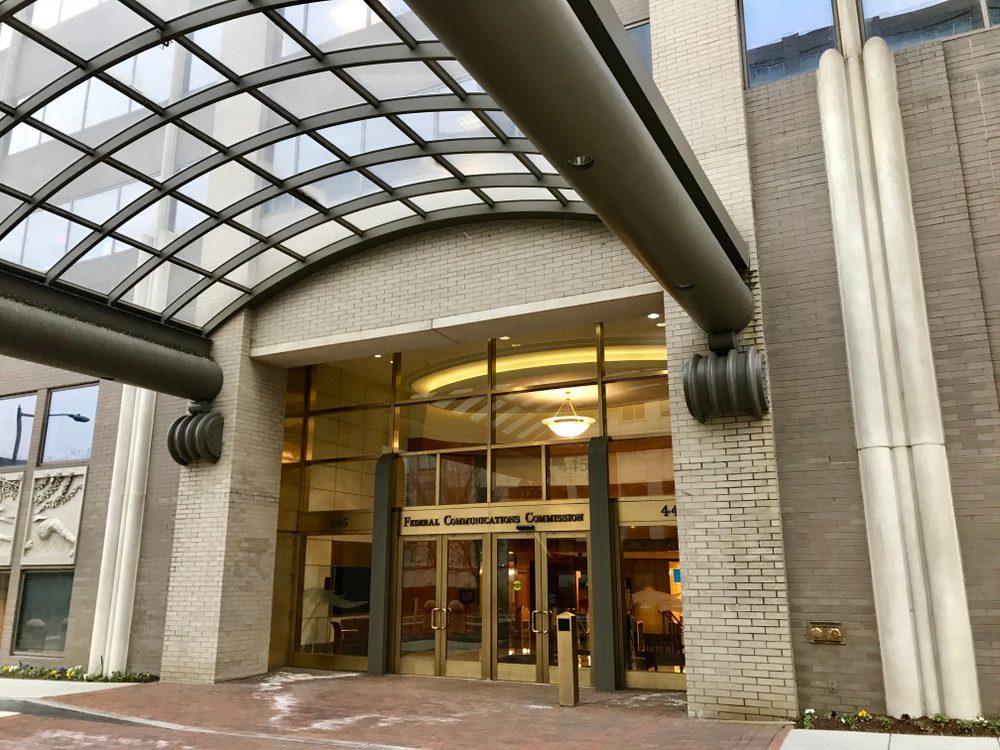
Brendan Carr is the 31st chair of the Federal Communications Commission, designated by President Donald Trump and in the job since Jan. 20, 2025. A longtime FCC lawyer and commissioner, Carr now sits at the center of fights over media power, internet rules, national security, and spectrum policy.
Carr most recently drew headlines after ABC suspended “Jimmy Kimmel Live!” amid backlash to the host’s remarks and criticism from Carr, which sparked a broader debate over free speech and regulatory pressure.
Trump’s Pick, Now in Charge

Carr became chair on Inauguration Day 2025, succeeding Jessica Rosenworcel. He previously served as the FCC’s general counsel and then as a commissioner starting in 2017.
Who’s on the Commission Right Now
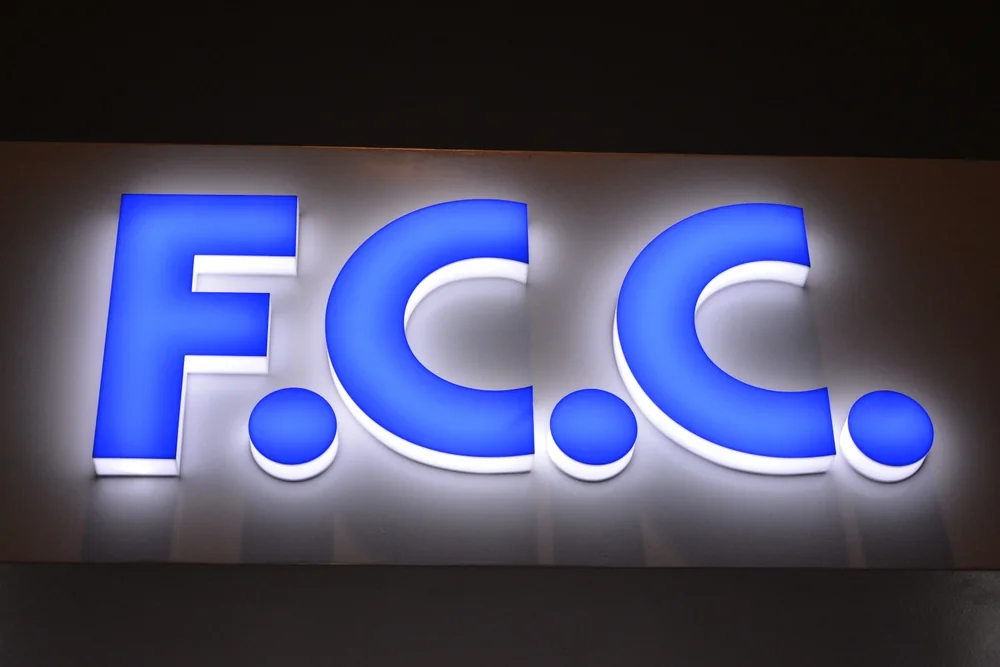
As of September 2025, the FCC has three sitting members: Chair Brendan Carr (R), Commissioner Anna Gomez (D), and Commissioner Olivia Trusty (R). Two seats are vacant. Trusty’s June 2025 confirmation restored a quorum.
Résumé at a Glance
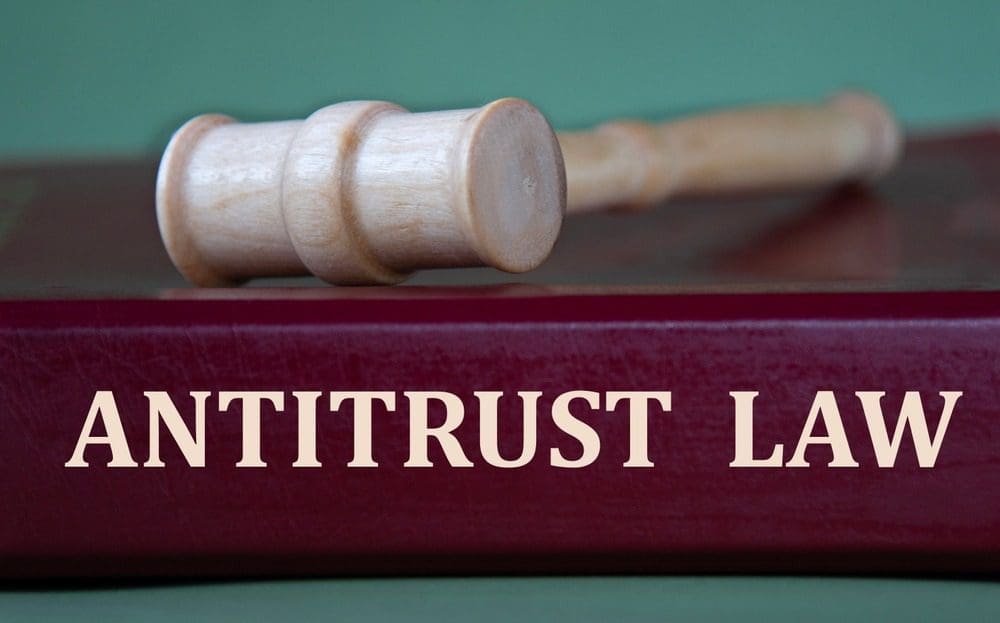
A Georgetown graduate with a J.D. from Catholic University’s Columbus School of Law, Carr worked in the FCC’s Office of General Counsel and at Wiley Rein before joining the Commission in 2017. He has been confirmed by the Senate multiple times.
What the FCC Chair Actually Does
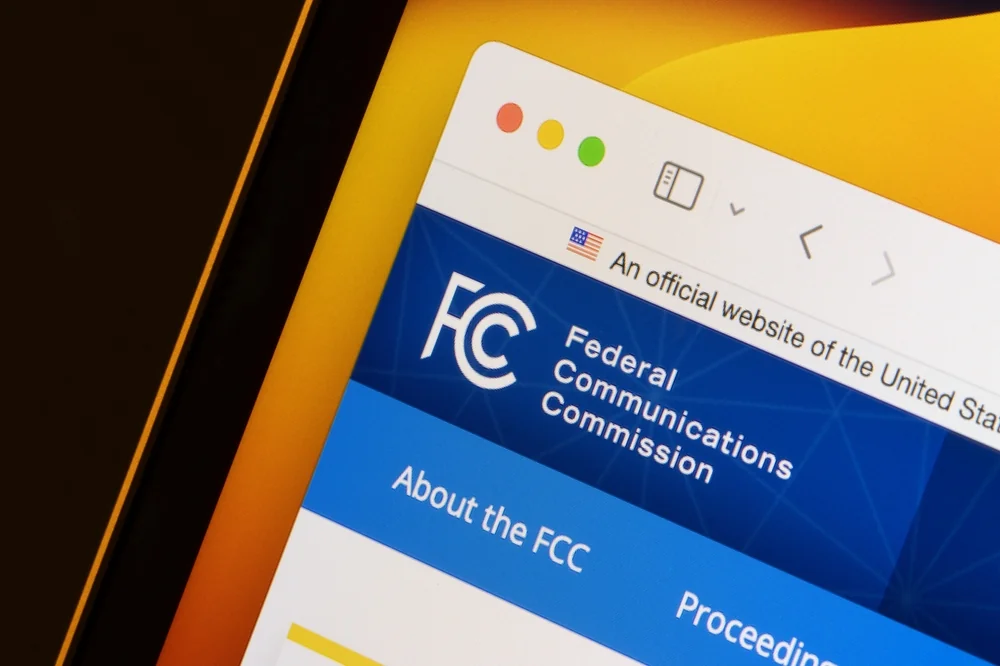
The FCC regulates interstate communications: broadcast TV/radio, cable, satellite, wireless, and wireline. The chair sets meeting agendas, steers spectrum policy and licensing, oversees merger reviews involving broadcast licenses, equipment authorization, and emergency alerting rules.
Carr’s 5G & Infrastructure Through-Line
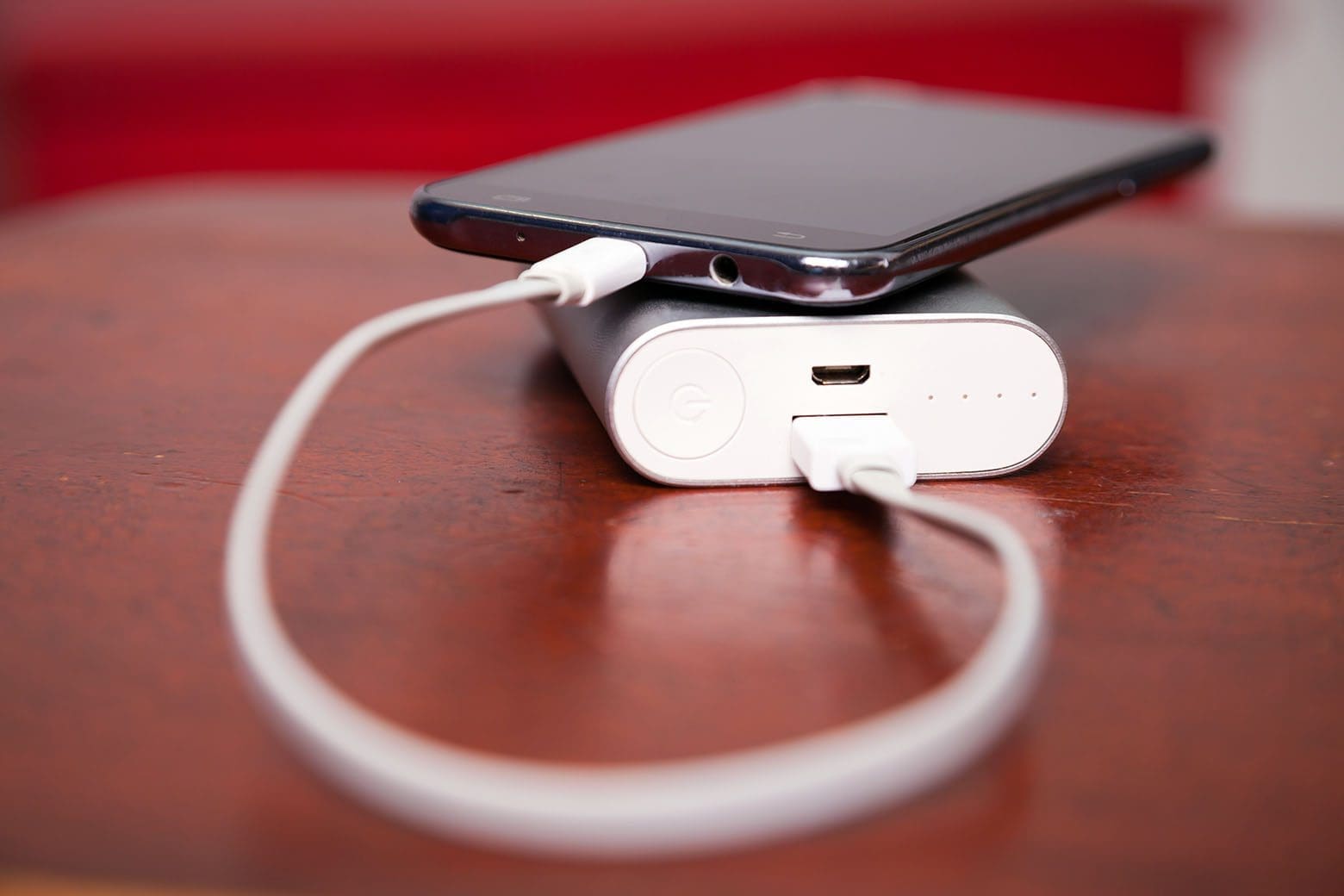
As commissioner, Carr championed 2018 “small cell” orders that streamlined local fees and timelines to accelerate 5G buildouts, precedents that still shape his infrastructure agenda as chair.
National-Security Lens: China Tech & “Bad Labs”

Under Carr, the FCC has advanced rules to block or withdraw recognition from electronics testing labs linked to foreign adversaries and built on prior restrictions involving telecom equipment—framing the moves as closing security loopholes in device approvals.
On TikTok and Big Tech

In 2022, Carr publicly urged Apple and Google to remove TikTok from their app stores, calling it an unacceptable national security risk. He has been quiet about the platform while President Trump works out a deal to keep TikTok in the U.S.
Net Neutrality, Revisited
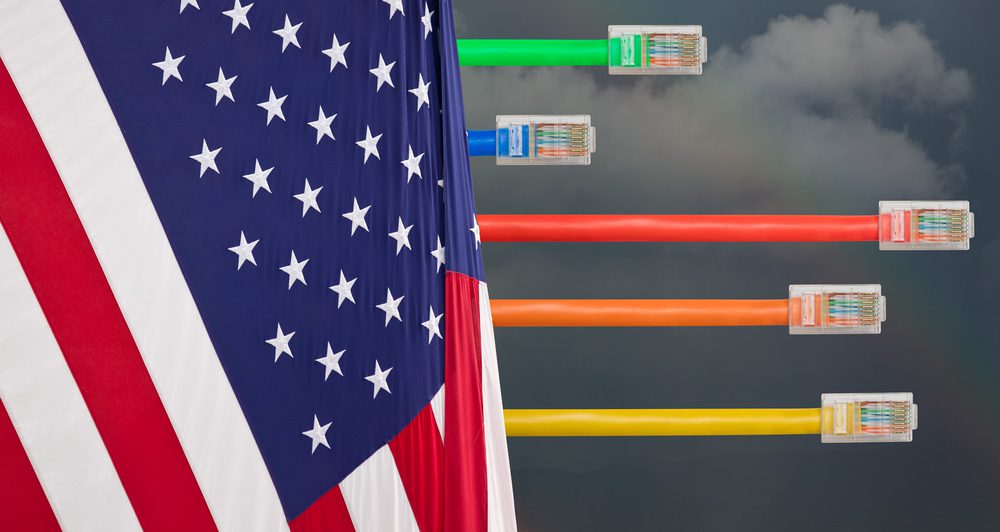
Carr opposed the 2015 Title II approach and supported the 2017 rollback. In early 2025, a federal appeals court vacated the FCC’s 2024 attempt to re-impose net-neutrality rules, a decision welcomed by critics of Title II regulation.
What the FCC Can—and Can’t—Do About TV Content

The Commission scrutinizes broadcast licensees under the “public interest” standard and enforces political broadcasting rules, but it has limited authority over program content. The Fairness Doctrine ended in 1987 at the behest of President Ronald Reagan.
Why He’s in Headlines Now: The Jimmy Kimmel Suspension
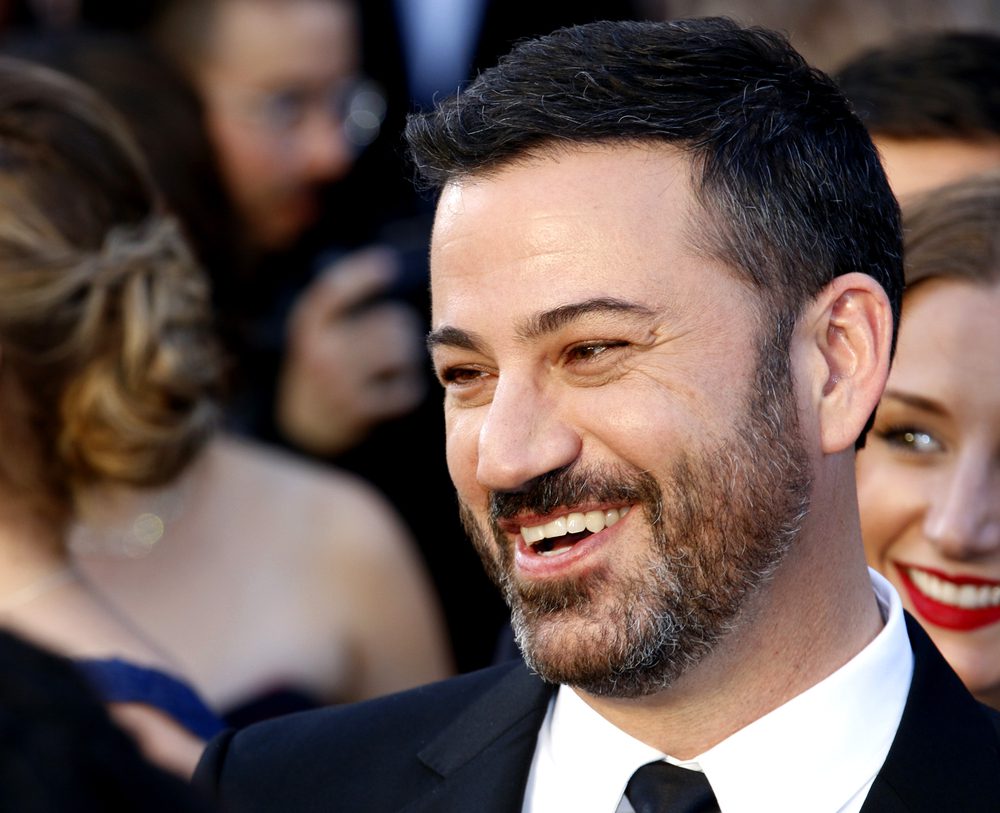
After Jimmy Kimmel made controversial remarks, ABC suspended “Jimmy Kimmel Live!” The move followed public criticism from Carr and prompted legal and political debate about whether a regulator’s statements can cross into unconstitutional coercion—or are simply part of a broader conversation about broadcasters’ public-interest obligations.
For what it’s worth, the Jimmy Kimmel Live! hasn’t officially been canceled — only suspended. Prediction markets like Kalshi and Polymarket still give a 50% chance that another episode will air this year.
His Alleged Role in the Kimmel Controversy
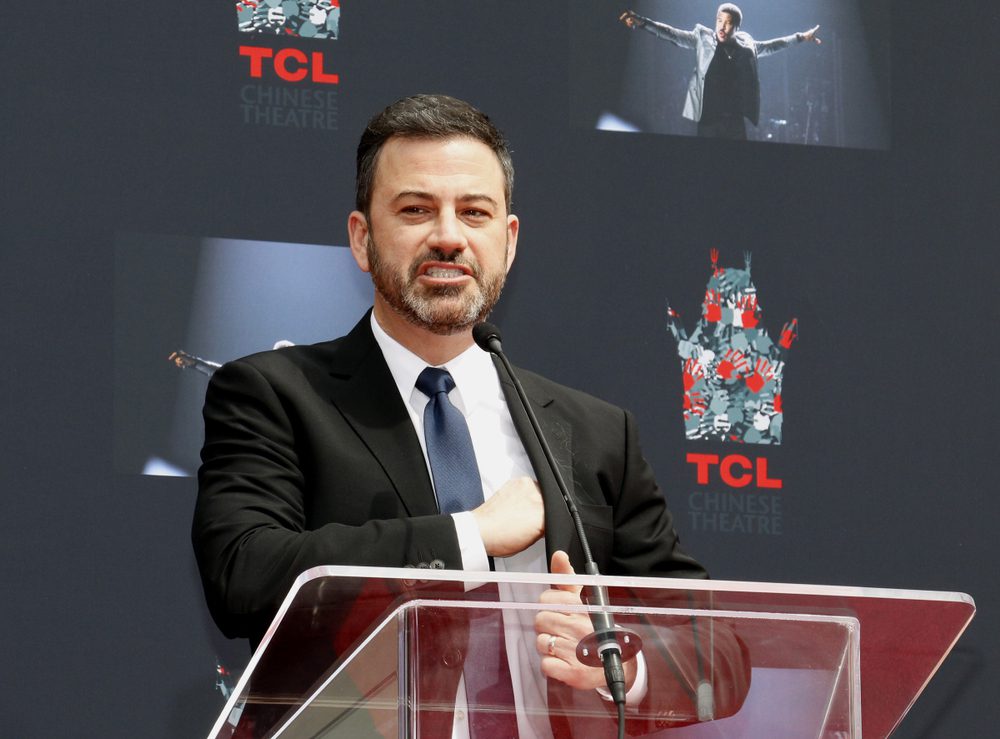
Critics—including some Republicans—argue Carr’s rhetoric toward ABC and Disney risked leveraging regulatory power to influence speech. Supporters counter that the chair is entitled to speak about licensee obligations tied to the public airwaves. Whether Carr’s comments constituted undue pressure is contested and would ultimately hinge on evidence of coercion.
Mergers as a Policy Lever
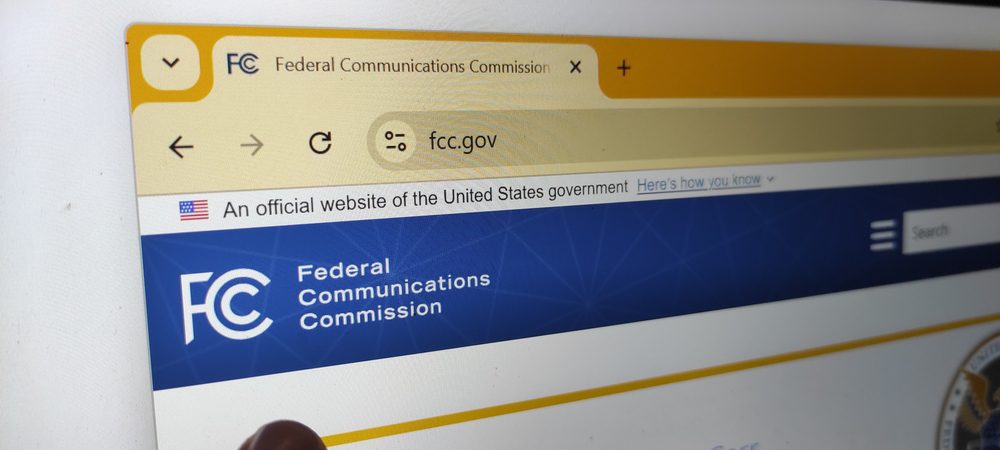
In 2025, the FCC approved the Skydance–Paramount deal in a 2–1 vote with notable conditions, including newsroom oversight measures. Backers frame these steps as viewpoint-diversity accountability; detractors call them politicized merger conditioning.
What to Watch Next
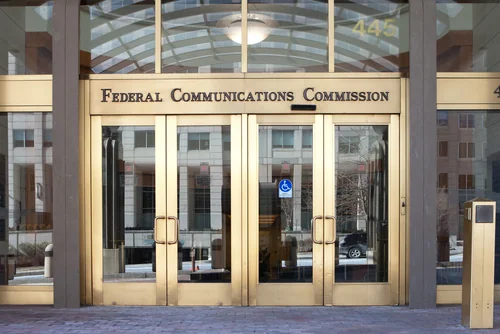
Expect continued moves on spectrum auctions, device-testing security rules, and potential emergency alerting updates alongside high-profile fights over media regulation, platform speech, and broadcaster obligations that will keep Carr squarely in the national spotlight.











